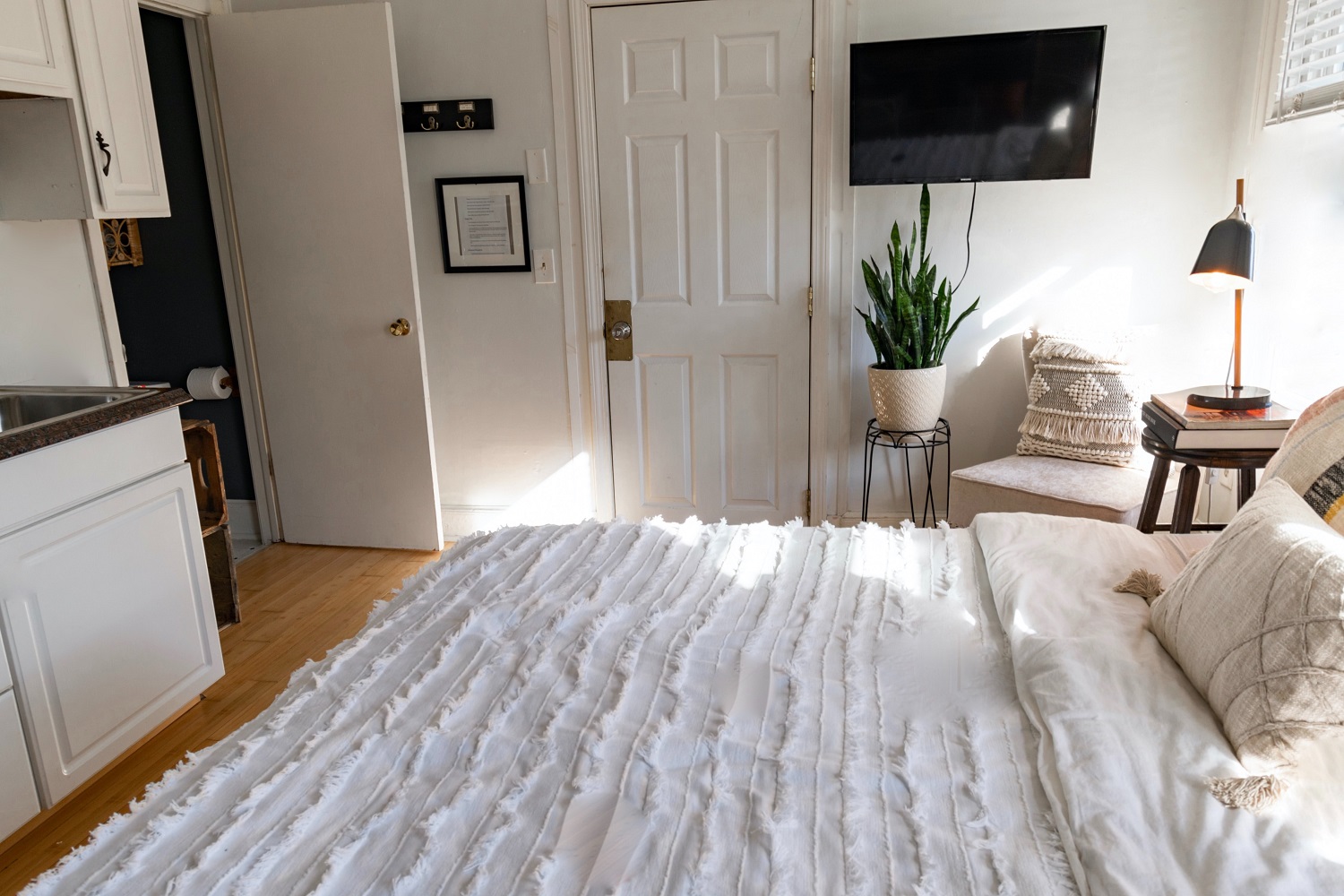
Are you welcoming a loved one who left rehab into your home? Are you concerned about providing the right environment? Do you have questions about what you should and shouldn’t do?
Above all else, you want to provide a loving environment where they can peacefully continue their rehab. As long as you take this approach as a whole, you’re in a better position to give them everything they need.
Of course, there are other things you can do to help the cause. Here are five tips to follow when preparing your home for a loved one who just left rehab.
- Ask them what they need
Previously, your loved one had to answer the question of what to bring to rehab. Now, they need to shift their focus to what they need to take to your home. It’s best to ask them upfront, that way you can plan as far in advance as necessary.
If anything is missing, do your best to provide it to them as quickly as possible.
- Clear space
The first step in getting your home ready is to declutter and clean. A clean and tidy home is essential for someone in recovery as it creates a calming environment and reduces the chances of any triggers that could lead to relapse. Start by removing any clutter or unnecessary items from your home. This could include old magazines, clothes, and any items that haven't been used in a while. You can donate these items to a local charity or organize a garage sale.
Cleaning and tidying up your home will also help you create a welcoming and inviting space for your loved one. This doesn’t mean you have to turn your life upside down. Just do your best to make for a clear, clean, and inviting space. It helps to set a positive tone from day one.
- Secure your home
It's essential to ensure that your home is secure to prevent any temptation or triggers for your loved one. This may include installing locks on cabinets or closets where prescription drugs or alcohol may be stored. It's also important to ensure that your loved one doesn't have access to any items that could lead to relapse, such as drug paraphernalia or alcohol.
Depending on the circumstances, you may also consider installing a security system to keep your loved one safe and give you peace of mind. This sounds like a lot of work, but it could be necessary for keeping your loved one on the straight and narrow.
- Set rules
Setting boundaries and rules are important for creating a supportive and healthy environment for your loved one. This includes creating rules around the use of drugs and alcohol in your home and discussing any triggers that may be present. It's also important to discuss expectations around household chores and responsibilities.
Setting clear boundaries and rules will help your loved one understand what is expected of them and will also help you manage any potential conflicts that may arise. Without rules, there’s a greater chance of your loved one relapsing. And even if that doesn’t happen, you’re putting yourself in a position for a disagreement that could strain your relationship.
- Create a supportive space
Creating a supportive environment is essential for someone who is in recovery. This includes creating a warm and welcoming space in your home, setting up a comfortable and private space for your loved one, and ensuring that they have access to any resources or support they may need. Consider duplicating the type of space they experienced in rehab.
You can also consider creating a daily routine that includes exercise, healthy meals and snacks, and time for self-care. This will help your loved one focus on their recovery and will also help them develop healthy habits that they can continue after they leave your home. Remember, you’re trying to set them up for future success. Not just success while they’re living with you.
Final thoughts
With the above guidelines, you will find it easier to create the perfect environment for your loved one. When combined with your willingness to adapt to their needs, you can give them just what they need to continue down the sober living path.
Would you add any other tips to the five above?
